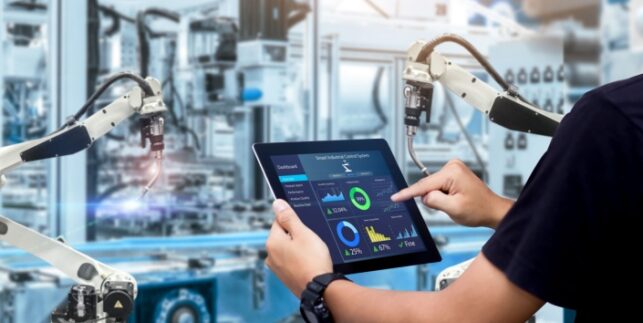5 Things Your Competitors Can Teach You about Energy Consumption

The 2012 Energy Efficiency Directive establishes a set of binding measures to help the EU reach its 20% energy efficiency target by 2020. Under the Directive, all EU countries are required to use energy more efficiently at all stages of the energy chain, from production to final consumption. In 2016 the Commission proposed an update to the Energy Efficiency Directive, including a new 30% energy efficiency target for 2030, and measures to update the Directive to make sure the new target is met. These specific measures and policies including, for example:
- The public sector in EU countries should purchase energy efficient buildings, products and services
- Energy consumers should be empowered to better manage consumption. This includes easy and free access to data on consumption
- EU countries should have national incentives for SMEs to undergo energy audits of their energy consumption to help them identify ways to reduce it
Energy audits in the industry are meant to provide an evaluation that identifies cost-effective saving potentials and measures to realise them. Audits raise awareness of savings potential and reduce the information gap that is one of the barriers to efficiency.
The most advanced industrial companies do not rely solely on the audit to bridge that information gap. Instead, this gap can be proactively diminished by using technology for self-audit and for finding new ways of dropping energy consumption. These advanced manufacturers also benefit from anticipating the effect of energy efficiency as a cost driver in their business.
So, what do your competitors do about energy consumption?
- Monitor everything you must know what’s going on in your manufacturing floor. And know it now. Today, looking at last week’s manufacturing reports is not good enough. Successful companies have adopted already digital platforms that provide them with RtOI (Real time Operation Intelligence), providing their managers and operators with an immediate, complete and ongoing stream of information about their manufacturing processes. For instance, when asked most manufacturing managers would mistake by up to 30% (!) about their machine efficiency. Ongoing monitoring of the manufacturing processes allows them to identify problems as they occur.
- Optimise processes once the problems are pin-pointed you can fix them immediately, but the benefit of having technology at your service comes from the fact that manufacturing decisions can be proactive and not just reactive. Learning from various problems and solutions you identified helps you optimize your processes and find the exact places where you can make better use of your resources, including energy.
- Eliminate waste Small inefficiencies can result in energy waste that can build up unnoticed. For example, tracking manufacturing cycles with a digital manufacturing platform can reveal stoppage that accumulates to several hours per shift. Fixing these deviations of planned processes can cut energy use and lengthen the life of the machines.
- Establish procedures and practices a digital manufacturing platform can provide the means to solve problems or optimize processes in order to reach a real change in the way energy is consumed. However, beyond the daily improvement that such a platform can offer, the accumulated know-how and experience should become the work standards and evolve into a set of procedures and practices that would allow the company to comply with regulations and directives. Implementing a significant change, such as the EU directive demands regarding energy saving, becomes infinitely easier when all manufacturing processes and personnel are aligned via a central standardized platform.
- Involve employees despite common fears implementing automated processes does not render human involvement redundant. The opposite is true; when done correctly, implementation of digital solutions in manufacturing environments empowers employees and allows them to become a part of a “bigger picture”. Implementing procedures and practices, and gaining employees’ commitment to them, can frequently be highly important on issues that require a joint effort, like complying with energy efficiency directives.

Changing the way people work in factories
Request a DemoThe competitive abilities of companies in this market are more and more influenced by their ability to comply with directives and regulations, as well as general public demand, especially on issues that involve awareness and responsibility to a healthy environment.
Amir Aloni is an expert in digital manufacturing and production management and is the former founder and CEO of Matics, a smart digital manufacturing platform that allows users to apply digital transformation to their manufacturing environment.




